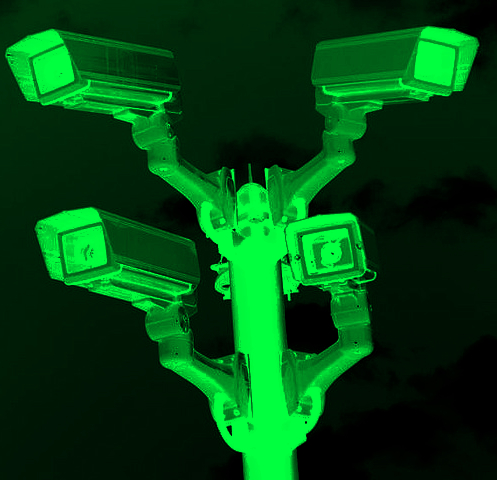Unis short on specific risks
 Australia’s main university lobby is unsure which countries are a foreign interference risk.
Australia’s main university lobby is unsure which countries are a foreign interference risk.
Universities Australia (UA) has been assisting the Federal Government with new foreign interference guidelines.
UA chief executive Catriona Jackson spoke to Federal Parliament’s foreign affairs committee this week about the impact of foreign government interference in local Australian diaspora communities.
It comes after a Human Rights Watch report revealed students and staff who criticised the Chinese Communist Party were at risk of being intimidated or harassed by pro-Beijing groups.
Ms Jackson - who is also a member of the University Foreign Interference Taskforce (UFIT) - said UA is unsure which countries other than China are potentially targeting students or exerting undue influence on campuses.
She said individual universities and federal security agencies might know.
“This is certainly not a one-country problem, however, as the peak body we don’t have detailed knowledge of individual instances because, entirely appropriately, universities deal with the security agencies on a case-by-case basis,” Ms Jackson said.
“If I’m anecdotally aware, in a fairly casual sense, of there being other countries, it’s a matter of entirely private conversation. I don’t think universities would deny that these are certainly not one-country issues.”
Sophie McNeill, the author of the Human Rights Watch report, said there are multiple, verifiable cases of students having their families contacted by Chinese police regarding the student’s activities in Australia.
“Despite the Chinese government in Beijing being thousands of kilometres away, many Chinese pro-democracy students in Australia say that they alter their behaviour and self-censor to avoid threats and harassment from fellow classmates and being reported on by them to authorities back home,” Ms McNeill told the inquiry.
UFIT is drafting new guidelines and measures for training staff and students how to identify and report foreign interference risks.
However, the process is made more complicated by the federal government’s policy of country-agnosticism on matters of foreign interference, meaning it will not explicitly name the countries of most concern.
ASIO director-general Mike Burgess has stated that foreign interference in universities is occurring on a larger scale than at any time since the Cold War, and that it is being conducted by “more than one country [but] one country in particular is highly active”.
The draft guidelines do not specifically name China or the Chinese Communist Party (CCP), but include measures informed by the Human Rights Watch report that specifically dealt with Chinese influence.
During the hearings, Labor backbencher Julian Hill has asked Department of Education senior officials about whether Cambodia or countries such as Saudi Arabia exert influence over diaspora communities.
“It’d be very helpful to us as parliamentarians to be able to get some guidance from your precise intelligence from the sector about what other diaspora communities may be under threat or where there may be issues,” Mr Hill said.







 Print
Print